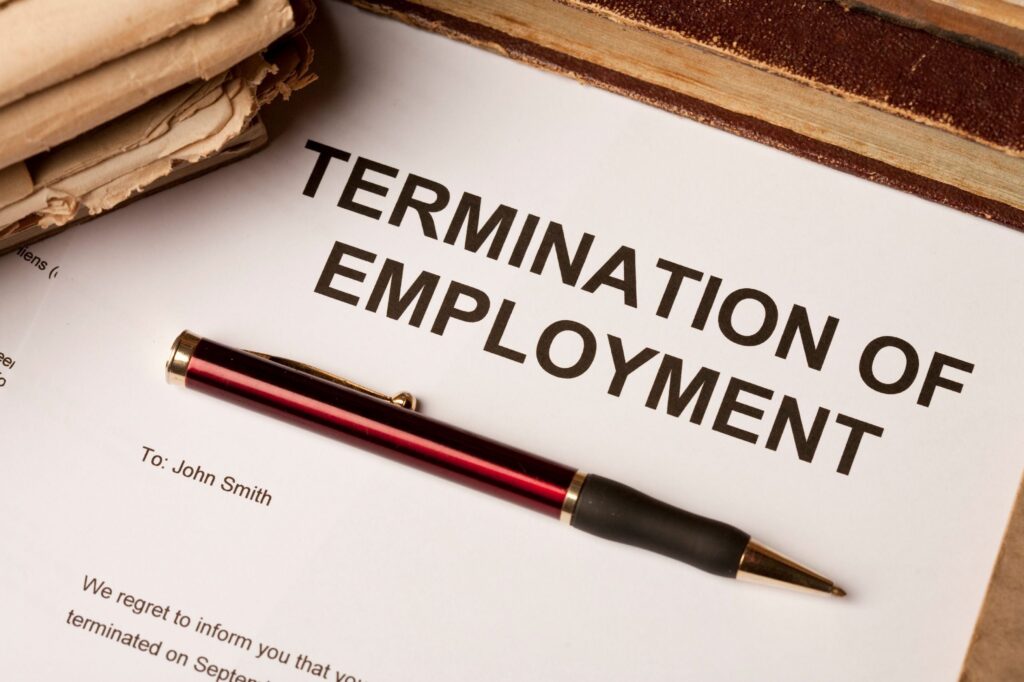First published: September 28th, 2017
Last updated: September 6th, 2023
The Importance of Keeping Accurate Employment Records
One of the major news stories of 2017 involved the revelation that more than 1.45 million roadside breath tests recorded across Ireland by members of An Garda Síochána never took place at all.
The ensuing controversy served as a reminder for business owners and organisations across all sectors in Ireland to ensure they have a process in place to ensure accurate and secure record keeping.
Accurate record keeping procedures protect both employers and employees against data protection, confidentiality and a range of employment law and health & safety risks.
Falsification of records
The 2017 scandal involving the Gardaí concerned the serious issue of falsifying records. Employees need to be aware that falsification of records is not permitted under any circumstances and will result in disciplinary action being taken.
There are various reasons why employees might falsify records. It may be down to human error, workload pressure or deliberate employee intent but whatever the circumstances, it’s vital to have company policies and procedures in place to address this risk.
5 record keeping rules
So what should you do as an employer to limit your exposure and what should you do if your employees falsify records?
The following 5 points will help protect your organisation against the risk of failing to keep accurate records….
Deal with record keeping in your employee handbook
So what is a deliberate falsification of official documents? This can involve changing, modifying or altering any document for the purposes of deceiving the company. From changing sales records to altering clock cards that record hours of work, to financial documents, it is important to remember that this behaviour is unethical — and in many cases illegal.
It’s really important as an employer that you get ahead of this risk and be clear from the start by referring to the issue in your policies and procedures. Your employee handbook should clearly outline your company’s disciplinary procedure and state that falsification of records amounts to gross misconduct. This will help ensure that your employees are aware of the serious consequences of falsifying documents.
It’s best to take expert third party advice if there is no relevant expertise in your organisation around drafting employee handbooks.
As an additional insurance, we recommend reinforcing this message throughout your company at least once a year, to ensure all staff are in no doubt about their obligations in this regard.
Follow your procedures and investigate
If falsification of records is at the very serious end of the scale, you may need to consider summary dismissal for gross misconduct. In these circumstances, it’s crucial to carefully follow your company disciplinary procedures to ensure you comply with the principles of natural justice. Failure to follow your own procedures exposes your organisation to the risk of an unfair dismissal claim.
It’s essential that a thorough investigation is initiated by the employees’ line manager or another manager if an issue crops up. The first step will be a fact-finding process. No decisions should be reached. Again, expert help should be sought as if the investigating officer, for example, asks closed or leading questions that could be deemed to be accusatory, then the process could end up being considered flawed. The role of the investigating officer at this point is to remain completely impartial and complete a fact-gathering mission.
Record the details and document them
In the interests of fairness, it’s essential that all supporting documentation be provided to the employee in question well in advance of the meeting. They should be given the opportunity to respond to the allegations in question. If the employee is considered a risk to the organisation, then paid suspension may need to be considered. If they are placed on paid suspension, then a letter notifying them of the reason for suspension should be issued. If the investigating officer has met with witnesses as part of the process, then the testimony of these witnesses should be provided to the employee in question before the hearing.
WRC Codes of Practice
If it’s deemed that there is a case to answer, then a written invitation to a disciplinary hearing should be issued. The invitation letter should include details of the meeting clearly. The allegations should be laid out in addition to all the necessary supporting documentation and the company’s disciplinary procedure.
The right to representation should be outlined. The Workplace Relations Commission’s Code of Practice on Grievance and Disciplinary Procedures outlines the right to representation by either a fellow employee or a trade union representative. The disciplinary officer should meet with the employee, listen to what they have to say and ask open questions.
At the end of the hearing, the disciplinary officer should advise the employee they will take into consideration all supporting evidence and provide a timeframe for when they will be back with an outcome.
Appeal and due process
Once a decision is communicated to the employee, ensure the individual involved is aware of their right to appeal the decision. This is an important part of any disciplinary proceedings that ensures due process has been observed.
The appeal should be heard by an independent individual who has had no prior involvement in the disciplinary process.
Expert HR guidance on disciplinary matters
Falsification of records is a serious risk for employers. If you need assistance with this issue or any aspect of Irish employment law compliance, call a Graphite HR Expert today on 01 886 0350








